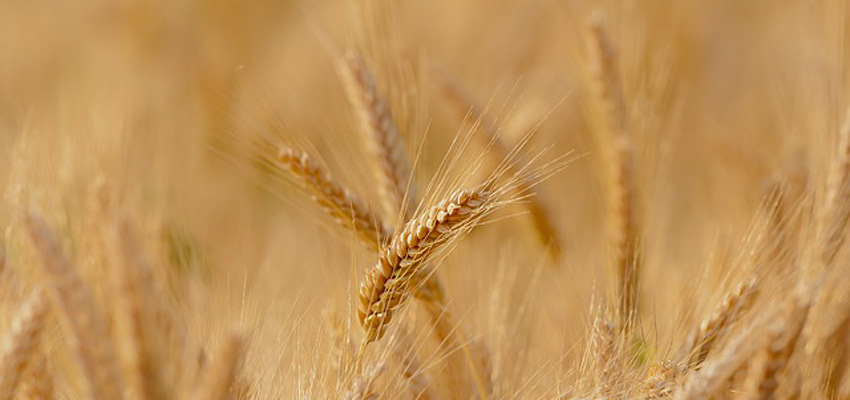The discussion about the controversial herbicide active ingredient continues unabated. Now the EU Commission has had to extend the approval for the use of glyphosate by another year in view of the failure to complete the reclassification of the toxicological risks.
A strong agricultural lobby is fighting for the new approval of the active ingredient, which has long been suspected of being carcinogenic, among other things. It seems to have achieved a stage success, because the previous end of approval was extended by another year until Dec. 15, 2023.
Contrary to the opinion of many critical scientists and environmental organisations, the EFSA (European Food Safety Agency) seems to agree with the opinion of the ECHA (European Chemicals Agency), which continues to classify glyphosate as non-carcinogenic and not mutagenic. Thus, within a year, we will be able to expect that a re-approval of the total herbicide in Europe is likely.
Regardless of the dispute as to whether or not glyphosate poses a high health risk even when used as intended, its use remains highly controversial from an ecological perspective. The destruction of weeds in intensive conventional farming deprives many creatures, especially insects, of their natural habitat and has been shown to lead to a decline in biodiversity.
Therefore, a new approval of glyphosate would actually be diametrically opposed to the EU's self-imposed goal of promoting species protection and the sustainable use of natural resources.
YOUR PLUS: The AGROLAB residue laboratories test your agricultural products and foodstuffs for more than 600 different pesticide residues and evaluate the results on the basis of the applicable European regulations and, in addition, on the basis of special quality requirements of renowned producer associations and retail chains.
Link:
Author: Dr. Frank Mörsberger

 Contact
Contact

 Contact
Contact Career
Career